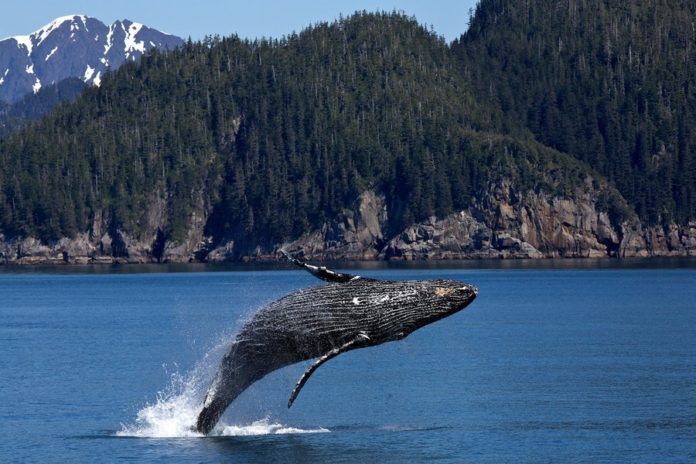Whales are stunning creatures, and one of the true wonders of the natural world. The blue whale is the largest animal that ever lived, while gray whales are known for taking an annual round trip of 10,000 miles during their migration periods.
We’re sure that if you’re an animal lover, you don’t need much persuading that whales are fascinating creatures, which is good news because that’s not what we’re here to do. Instead, today’s post is all about sharing all of the information that you need to know if you want to go out into the world to see some whales.
And so with that in mind, let’s dive in and take a look at everything you need to know about whale watching.
Whale Watching Around the World
1. Know your seasons
One of the most important things for you to do if you’re looking into whale watching is to know the seasons to make sure that you’re going at the best time of year for whale sightings. Unfortunately, there’s no definitive list of when to go because it really depends upon where you’re visiting, so be sure to do some research before you pick flights and hotels.
2. Pack for the job
If you’re going whale watching then you’re going to need to pack very differently than how you would if you were going off on a relaxing beach holiday. On top of packing an appropriate range of clothes for different weather conditions, you’re going to want to think about things like digital cameras, binoculars and other goodies to help you to best enjoy your vacation.
3. Go cruising
Forgive me for stating the obvious, but the best place to find whales is in the sea, and one of the best ways to see the sea is to take a cruise. For whale watching expeditions, we’d recommend cruising to Antarctica, although that’s not the only option and your choices may be dictated by where you’re planning on sailing from.
4. Go via Norway
Another great option for whale watching is to take a trip to Norway. It’s a stunning country in its own right, but it’s also a great base of operations for when you want to go whale watching, in part because Norway and whales go hand-in-hand. Your chances of seeing whales in Norway are a lot higher than they are in other parts of the world, and there’s also plenty to see and do in between excursions.
5. Educate yourselves
One of the best things about going whale-watching is that you get to learn about whales up close and personal. Your experience will be dramatically enhanced if you’re able to learn about them both before and during your vacation, because this will give you a greater appreciation of where whales fit into the ecosystem.
6. Check reviews and holidaymaker photos
One of the best ways to tell whether a whale watching vacation is right for you is to carry out a little research into the different providers and to see what different holidaymakers are saying about them on different review sites. While you’re at it, you can also check out some of the photos that they posted to get a better feel for what you’re likely to see during your vacation.
7. Be prepared to keep your distance
Whales are wild animals and should be treated and respected as such. Avoid the temptation to try to get too close, and remember that they’re best appreciated from a distance through binoculars or a camera lens. If you get too close to them, you’re not only putting yourself in danger – you’re putting the whales in danger, too.
8. Be sustainable
An important aspect of whale watching is helping to preserve the majestic creatures and their natural environments for future generations to enjoy them. That’s why it can be a good idea to seek out providers who go out of their way to offset their carbon footprint and who campaign for better conditions for whales and their habitats.
Conclusion
Now that you know just a few of our top tips for going whale watching, it’s time for you to start planning the vacation of a lifetime. Remember that whale watching is inherently unpredictable and if you’re super unlucky, there’s a chance that you still won’t see any, although you can maximize your chances by following these tips.
Still, that’s one of the reasons behind our final tip, which is to go whale watching somewhere that you’d like to visit anyway. That way, if you’re out of luck and you don’t get to see any whales, at least you’ll spend your time in a location that you’ve always wanted to visit.
Other than that, you’re ready to get booking and to start packing. Here’s hoping you have a wonderful whale-watching vacation!






















